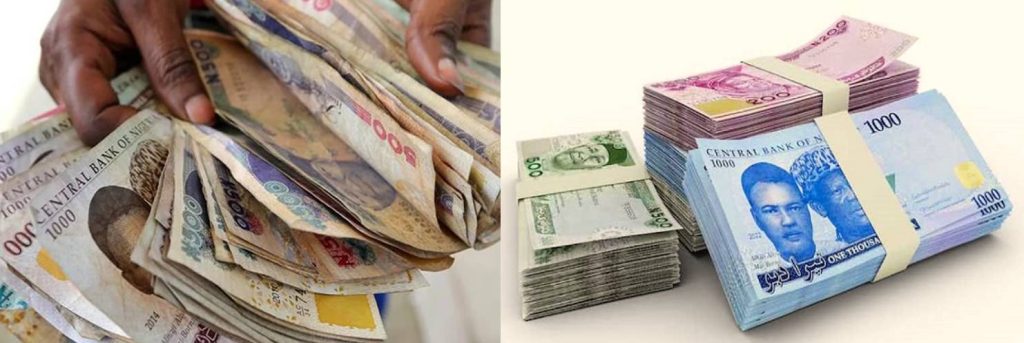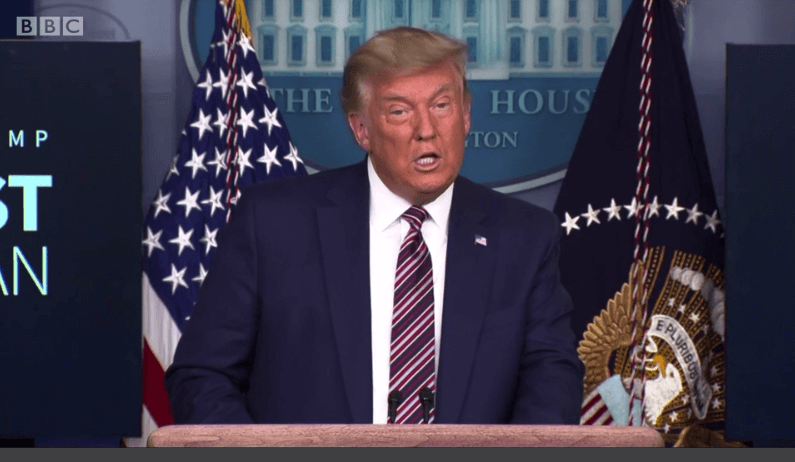In accordance with the Supreme Court judgment, the Ekiti State Government has cautioned its citizens against refusing to accept old naira notes as a form of payment. Those who do so risk being apprehended and prosecuted.
Likewise, the Abia State Government has declared its intention to penalize individuals who reject the old currency.
Governor Biodun Oyebanji of Ekiti State issued the warning through a statement released by his media aide, Yinka Oyebode, on Saturday.
Oyebanji stated, “Banks are to make the naira notes available in all their branches and pay points and to all traders, business owners, service providers, okada riders, drivers, filling stations, gas plants, supermarkets, schools, hospitals, POS operators, to start accepting the old notes forthwith.
“To do otherwise would amount to defying the ruling of the highest court in the country and thwarting government efforts at reducing the hardship of the people. The government will not hesitate to arrest and prosecute business owners found rejecting the old naira notes.
“This is an appeal to all residents of Ekiti State to abide by the ruling of the Supreme Court which provides a reprieve for the people by extending the validity date of the old naira notes till December 31st.”
On the same note, the Abia State Government, through its Secretary to the State Government, Mr Chris Ezem, issued a statement on Saturday, warning that any individual, group, or organization that declines to accept the old 500 and 1,000 naira notes for business purposes would be punished.
Ezem affirmed that this measure was consistent with the Supreme Court’s decision to extend the validity of the old 200, 500, and 1,000 naira notes as legitimate currency until December 31.
He said, “Abia State Government advises Abia residents to feel free to carry out their financial transactions with the old naira notes alongside the new notes as stipulated. Any individual, group or business entity that rejects the old notes will be contravening the law of the Federal Republic of Nigeria and stands the risk of facing sanctions.”
Meanwhile, the Bayelsa State government has urged business owners, traders, transporters, and banks within the state to abide by the Supreme Court’s directive, which allows for the circulation of old notes alongside new notes until the specified deadline.
The state’s Commissioner for Information, Orientation, and Strategy, Ayibaina Duba, released a statement on Saturday, outlining the government’s stance.
Duba explained that the government had issued a 24-hour ultimatum after some Yenagoa residents peacefully protested against the refusal of businesses, filling stations, eateries, traders, and transporters to accept the old 1,000 and 500 naira notes within the state.
Related posts:
Duba stated, “The government, therefore, urges business operators in the state, particularly banks, traders, and keke (tricycle) to take into consideration the Supreme Court ruling in order to reduce the pains of people of the state.
“While the state government is not against the naira redesign policy of the CBN or the Federal Government, it is however not comfortable with the method of its implementation that has resulted in further hardship on people of the state and, indeed, the country.”
Also in Osogbo, Osun state, residents have expressed their dissatisfaction with their inability to use the old 500 and 1,000 naira notes, despite the Supreme Court’s ruling.
According to the News Agency of Nigeria, residents interviewed on Saturday expressed their delight with the judgment but expressed their disappointment when traders declined to accept the currency.
A civil servant, Mr Adejare Agunloye, disclosed that he withdrew N10,000 in old notes from an Automated Teller Machine but was dismayed when traders refused to accept the money.
Similarly, Mrs Ayoade Usman, another resident, stated that she almost got into a confrontation with some traders when they refused to take the money from her.
She stated, “I was angry after I wanted to buy pepper and meat and other food items, and these people said they are not collecting the old notes. This is the money that the Supreme Court said remains a legal tender till December 31 and this is the same money these traders are refusing to collect. So, what is the essence of collecting the old naira notes from the banks, if business operators and traders will not collect them?”
Also, some Lagos residents have expressed remorse for accepting the old 500 and 1,000 naira notes from commercial banks.
Mr. Matthew Aburime, a student of the Lagos State Polytechnic in Ikorodu, informed NAN that both traders and commercial bus drivers refused to accept the currency.
Aburime said, “A nearby bank was paying old notes and since it was from a commercial bank, I felt they would pay based on the instruction of the CBN. Then, I went and join the queue. Eventually, I was able to withdraw N10,000 from the bank.
“As we speak, the money is still with me, I have not been able to spend it; the first rejection was from a commercial bus driver.”
Another resident, a trader, Mr Daniel Okpulonu, also lamented, “When I realised that these old notes that I was receiving from my bank were not legal tender was when a bank official announced that people who had received the old notes should not bother bringing it back to deposit, as it would not be acceptable.
“As we speak, I am still going about with the money, looking out for where I can spend it, all to no avail. This is not good enough, the government should come out and tell us what they want from us. Nigerians have suffered enough since the inception of this policy.”










